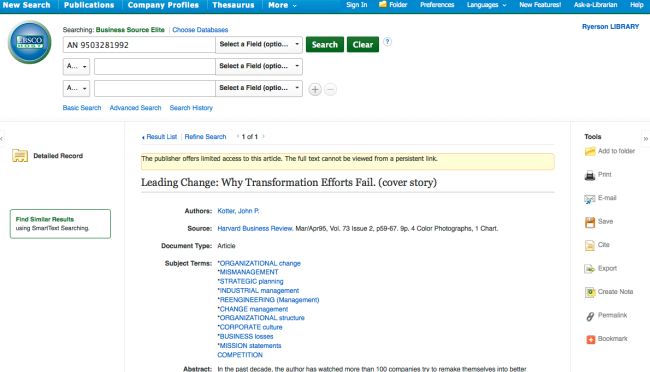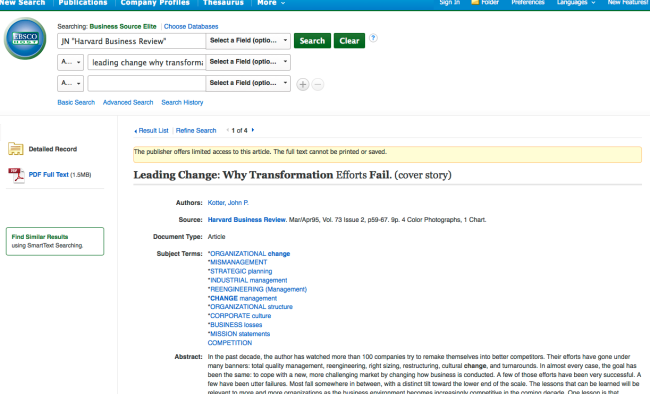“Don’t underestimate the power of a lifetime ahead.” Electric Youth, Debbie Gibson [YESSSSS – bonus points for nostalgic song choice]
Several questions about the future of libraries have been floating around these here intertubes lately. There’s a feverish panic to some of them. DO WE HAVE FIVE YEARS TO LIVE? ARE LIBRARIES KEEPING PACE? ARE WE BEING INNOVATIVE ENOUGH? ARE WE PICKING THE RIGHT PRIORITIES? For the low, low price of $500, we can all finally wrap our heads around it. Or, rather, your bosses can.
Or not. Here’s a list of events that are either coming up or have taken place very recently that leave me wondering why there’s panic in the streets of library land:
Digital Odyssey 2014: “Code, the most important language in the world”
Startup Weekend EDU: Library Edition
Software skills for librarians by Software Carpentry
Access Conference 2014: Growing in the 21st Century
… and then there’s that wee event that we hold dear to our heart called Superconference, where the theme of this year was A Universe of Possibilities and next year’s is Think it! Do It!
Indeed, what a glum bunch we are. Here’s the thing – I suspect that there actually isn’t panic. I look at my own library and those around me and I see thriving institutions that are doing amazing things, despite shrinking budgets and uncertain times. I feel excitement when I think about the future of libraries.
My point is this: events that wag their finger at us suggesting that we’re doing it wrong, and here’s how you should fix it that are run by for-profit consultants are not worthy of our scarce professional development dollars. When you choose events such as the ones that I’ve listed above, you are reinvesting in our profession by helping our associations thrive, and by encouraging learning and skill development on a peer-to-peer basis. We’re good. We’ve got this. Don’t let anyone tell you any different.


